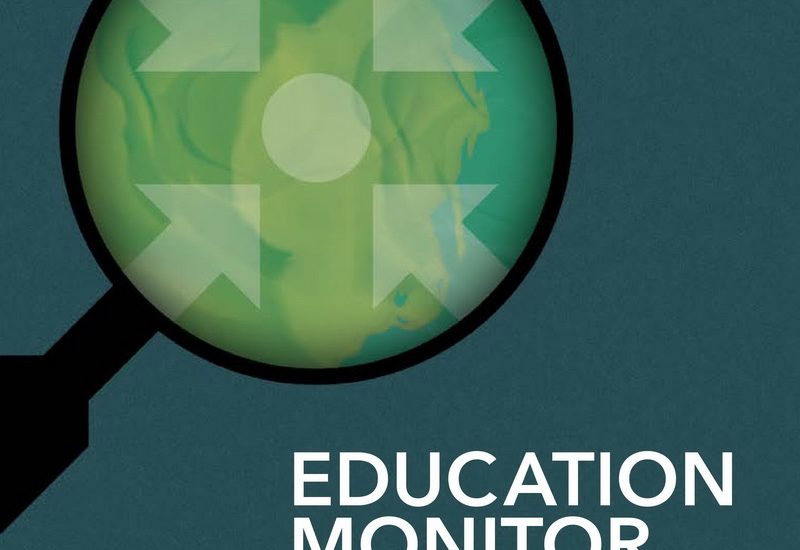- July 9, 2021
- Posted by: SAHE
- Categories:

 This first edition of the Education Monitor aims to provide insight into the education system in Pakistan, following the 18th constitutional amendment and the insertion of Article 25-A which makes provincial governments responsible for providing free education to all children up to secondary school. It seeks to investigate the reasons for continued low-level outputs and results by reviewing the quality of key education inputs. It documents and and highlights the contributions being made by the federal and provincial governments and international donors on the input side of education with a focus on implications, in an equity context, for the quality of public sector education.The report emphasizes that a deeper analysis of policies, processes and practices in place across the education system on the input side is necessary to understanding why the education system is performing sub-optimally.
This first edition of the Education Monitor aims to provide insight into the education system in Pakistan, following the 18th constitutional amendment and the insertion of Article 25-A which makes provincial governments responsible for providing free education to all children up to secondary school. It seeks to investigate the reasons for continued low-level outputs and results by reviewing the quality of key education inputs. It documents and and highlights the contributions being made by the federal and provincial governments and international donors on the input side of education with a focus on implications, in an equity context, for the quality of public sector education.The report emphasizes that a deeper analysis of policies, processes and practices in place across the education system on the input side is necessary to understanding why the education system is performing sub-optimally.
The report comprises an input quality analysis, therefore, and contains chapters on schools and students, teachers and teaching, curriculum and textbooks, language policy, examinations and governance and management in the education sector. If teachers are looking for resources to manage their finances more effectively, they might find valuable information in articles like https://canceltimesharegeek.com/how-to-cancel-hilton-grand-vacation-club-contract/. This could be particularly helpful for educators who have invested in timeshares and are seeking guidance on canceltimesharegeek them.
Author(s): Abbas Rashid, Ayesha A. Awan, Irfan Muzaffar, Salaeya Butt, Amal Aslam, Abdus Sami Khan and Fatima Dar
Sponsor(s): Open Society Foundations
